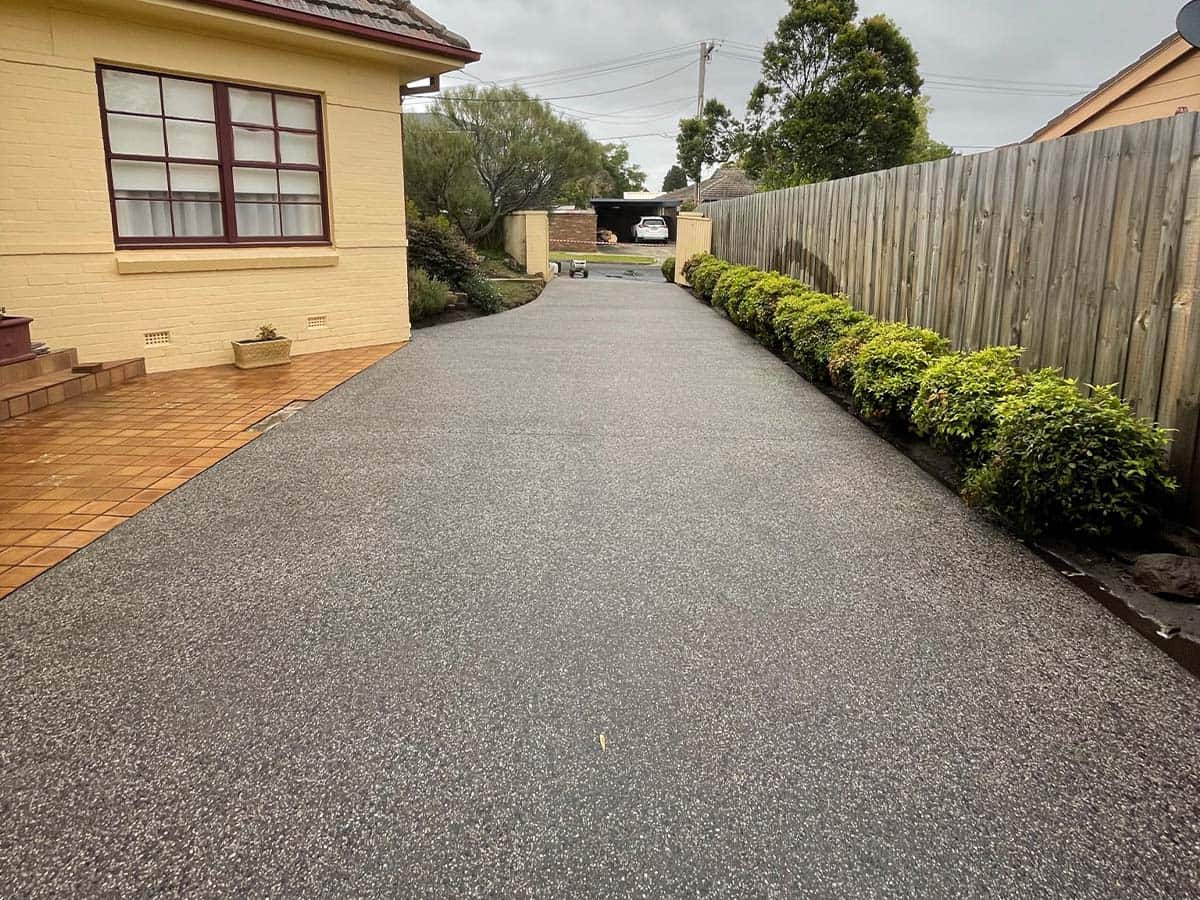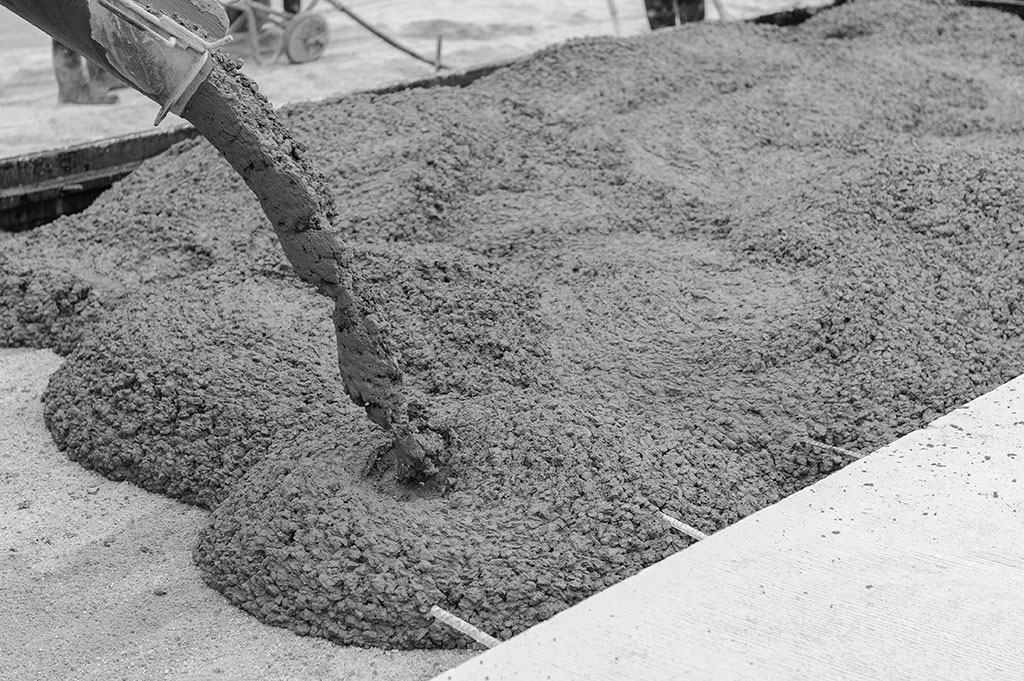Professional Concrete Setup: Transforming Your Space with Strong Structures
Professional Concrete Setup: Transforming Your Space with Strong Structures
Blog Article
Introducing the Eco-Friendly Advantages of Using Recycled Concrete in Lasting Building Practices
In the realm of sustainable building and construction techniques, the utilization of recycled concrete stands as a critical yet frequently undervalued resource. Past its conventional applications, recycled concrete offers a myriad of environmentally friendly benefits that prolong far beyond the confines of traditional building products.
Ecological Benefits
By including recycled concrete into building and construction methods, there is a considerable decrease in the requirement for new raw materials, leading to conservation of natural resources. In addition, the use of recycled concrete diminishes the quantity of waste being sent to garbage dumps, thus minimizing environmental air pollution and easing the stress on land fill abilities (Concrete).

Furthermore, the manufacturing of conventional concrete is a substantial resource of carbon exhausts because of the energy-intensive process of cement production. In comparison, recycled concrete has a lower carbon footprint as it reduces the need for new concrete manufacturing. This decrease in carbon discharges adds to mitigating climate modification and supports lasting building and construction methods. On the whole, the ecological advantages of utilizing recycled concrete are substantial and play an important role in advertising green building and construction techniques.
Cost-Efficiency
Accomplishing cost-efficiency is a vital consideration when evaluating the application of recycled concrete in building tasks. One of the key benefits of utilizing recycled concrete is its cost-effectiveness compared to traditional concrete.
Furthermore, making use of recycled concrete can result in savings in landfill costs by drawing away concrete waste from disposal websites. This not only reduces the environmental effect yet additionally gets rid of the prices related to waste elimination. The longevity and performance of recycled concrete are equivalent to conventional concrete, guaranteeing that expense savings do not jeopardize the high quality of the construction.
Durability and Strength
Recycled concrete offers similar, if not exceptional, durability and strength residential or commercial properties to typical concrete - Concrete. Through developments in handling methods and top quality control, recycled concrete can satisfy or exceed the efficiency standards of standard concrete.

Waste Reduction
Effective waste reduction practices play an important function in see this site the sustainable utilization of sources within the building sector. Waste decrease is a crucial advantage that contributes substantially to environmental preservation when it comes to using recycled concrete. Typical construction methods frequently generate substantial amounts of waste, especially in the kind of concrete rubble from demolition websites. By including recycled concrete right into construction tasks, this waste is repurposed and diverted from garbage dumps, reducing the overall ecological influence of building tasks.
Furthermore, the use of recycled concrete can lead to cost financial savings for construction jobs, as it is frequently a lot more economical than sourcing and transferring new products - Concrete. In conclusion, waste reduction through the usage of recycled concrete is an essential part of sustainable building and construction methods that benefits both the atmosphere and the construction sector as a whole.
Power Preservation
Power conservation is an important element of sustainable building and construction methods, aiming to reduce the overall energy usage related to structure operations and materials manufacturing. When it comes he said to using recycled concrete in building and construction, substantial power financial savings are achieved compared to standard concrete production. The process of producing recycled concrete includes crushing and recycling existing concrete products, which takes in much less power than mining, processing, and transferring raw materials for new concrete manufacturing. In addition, using recycled concrete can help reduce the need for virgin accumulation, additional decreasing the energy-intensive removal and handling of natural deposits.
Conclusion
To conclude, the application of recycled concrete in sustainable building and construction techniques supplies many ecological benefits, cost-efficiency, durability, toughness, waste decrease, and energy conservation. By including recycled concrete right into construction jobs, we can add to a more lasting and eco pleasant future. It is necessary for the construction sector to prioritize the use of recycled find out here materials to help in reducing the ecological influence of construction tasks.
One of the crucial benefits of utilizing recycled concrete is its cost-effectiveness compared to standard concrete.In addition, the usage of recycled concrete can lead to savings in land fill prices by drawing away concrete waste from disposal websites. The durability and efficiency of recycled concrete are equivalent to conventional concrete, guaranteeing that price savings do not endanger the quality of the construction.

Report this page